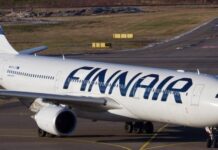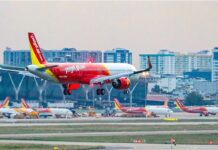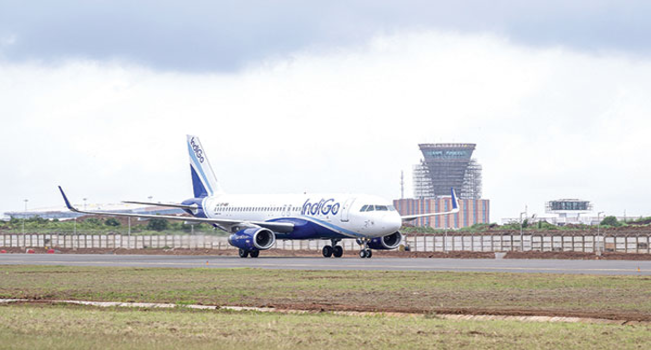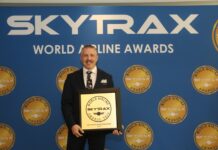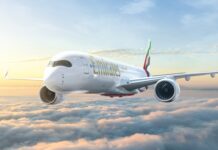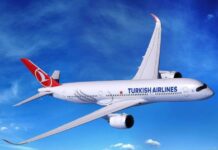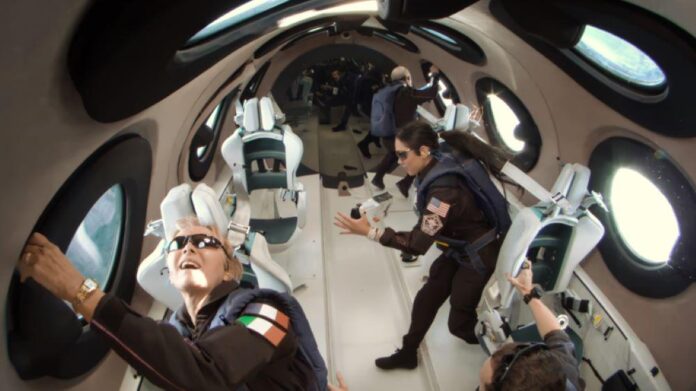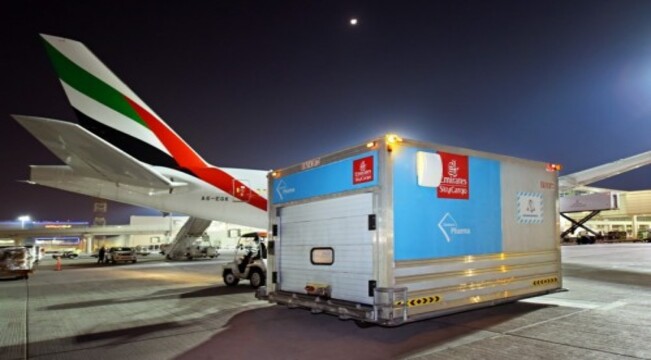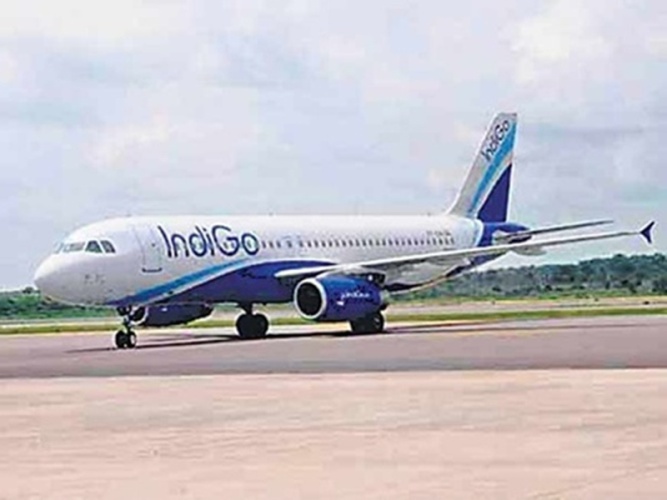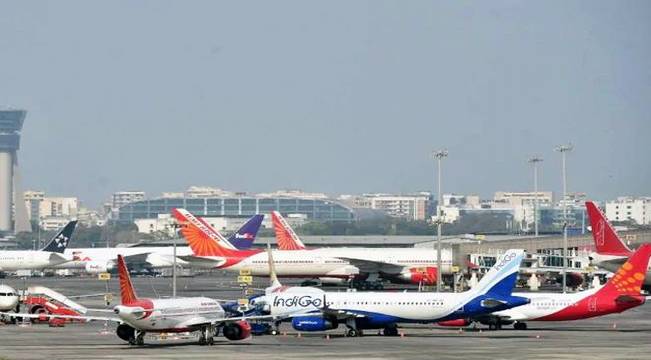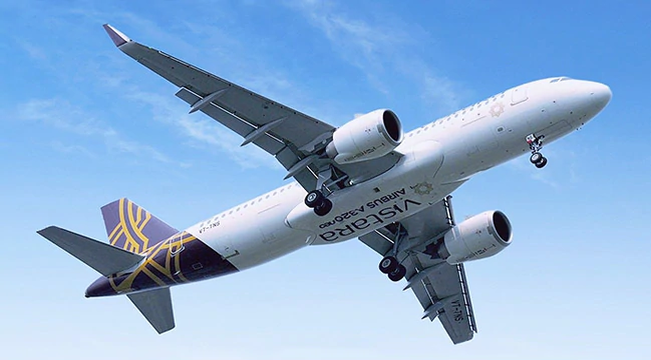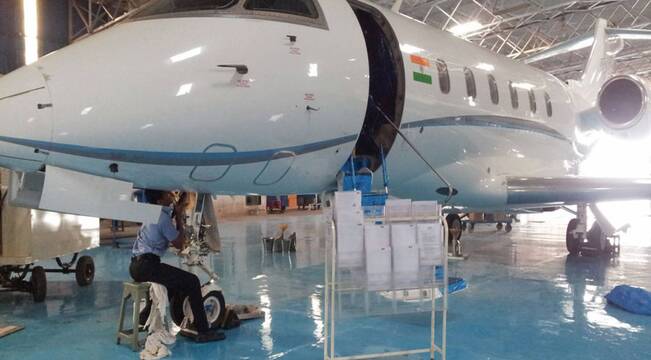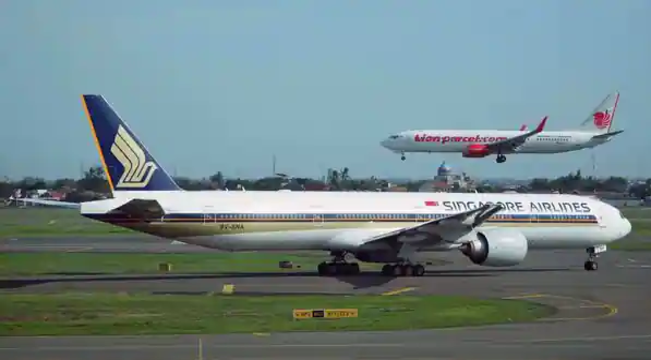New Delhi, November 03, 2023 : In a preview to planned NASA-sponsored payload specialists’ flights aboard commercial suborbital vehicles, the Southwest Research Institute’s (SwRI) Alan Stern and two other paying passengers joined a Virgin Galactic crew for a short suborbital hop on Nov. 2, marking the company’s fifth commercial mission.
Stern, a former NASA associate administrator for science and the lead researcher of NASA’s ongoing New Horizon’s mission, took one of two rides that the Southwest Research Institute purchased from Virgin Galactic 12 years ago. Costs for the rides were not disclosed. “Today’s flight will help inform future plans,” SwRI’s Deb Schmid wrote in an email to Aerospace DAILY.
Virgin Galactic’s inaugural commercial flight aboard the air-launched SpaceShipTwo Unity vehicle took place on June 29.
NASA selected the SwRI and Purdue University for grants covering a pair of suborbital researcher-tended payloads. However, those grants, selected by NASA’s Flight Opportunities program in 2020 and 2021 respectively, have not yet been awarded.
“Flight Opportunities has a mission success criteria that requires a number of successful flights be conducted by the commercial flight provider prior to the NASA award. NASA anticipates making those grant awards once the demonstrated mission success criteria has been achieved,” NASA spokesperson Clare Farcy, with the agency’s Space Technology Mission Directorate at NASA headquarters, wrote in an email to Aerospace DAILY.
“Required flight vehicle qualifications address programmatic risk and are not intended to address any potential safety risk or be used to inform any spaceflight participants of any potential safety risk,” added NASA spokesperson Sarah Mann, with the Flight Opportunities program at NASA Armstrong.
“For flights with TechFlights grantees tending experiments, commercial flight providers must meet the mission success criteria of having no more than one launch accident or reentry accident (combined) in the last 14 flights of a vehicle type as identified in FAA licenses, permits, or certifications held by the vehicle operator. Thirteen nominal flights correspond with a demonstrated reliability of 95%,” Mann added.
Stern, associate vice president in SwRI’s Space Sector, flew with two experiments during the Galactic-05 mission, which began with takeoff of the White Knight Two carrier jet Eve at 11 a.m. EDT/9 a.m. local time from Spaceport America in New Mexico.
Joining Stern, 65, in the VSS Unity crew cabin were Kellie Gerardi, a bioastronautics researcher with the International Institute for Astronautical Sciences and French-Italian citizen Ketty Maisonrouge, a private traveler.
The paying passengers were accompanied by Virgin Galactic trainer Colin Bennett, commander Mike Masucci and co-pilot Kelly Latimer.
The carrier aircraft VMS Eve, piloted by Virgin Galactic’s Jameel Janjua and Andy Edgell, carried Unity to an altitude of 44,701 ft., then released the winged spaceplane at 11:45 a.m. EDT for an independent, rocket-powered flight to suborbital space. Unity’s 65,000-lb.-thrust hybrid motor fired for 60 sec., setting the stage for the spaceship and its six occupants to coast to an altitude of 54.2 mi. The spaceship then returned through the atmosphere and glided to a landing at Spaceport America at 11:59 a.m. EDT. according to the reports published in aviationweek.com .
Virgin Galactic plans to conduct annual inspections and resume commercial missions in January. Meanwhile, suborbital spaceflights aboard Blue Origin’s New Shepard transportation system remain on hold more than a year after an accident on a uncrewed research mission led to design changes of the vehicle’s BE-3 engine, which was determined to have been operating at a higher-than-expected temperature. Blue Origin’s last crewed flight was in August 2022.



